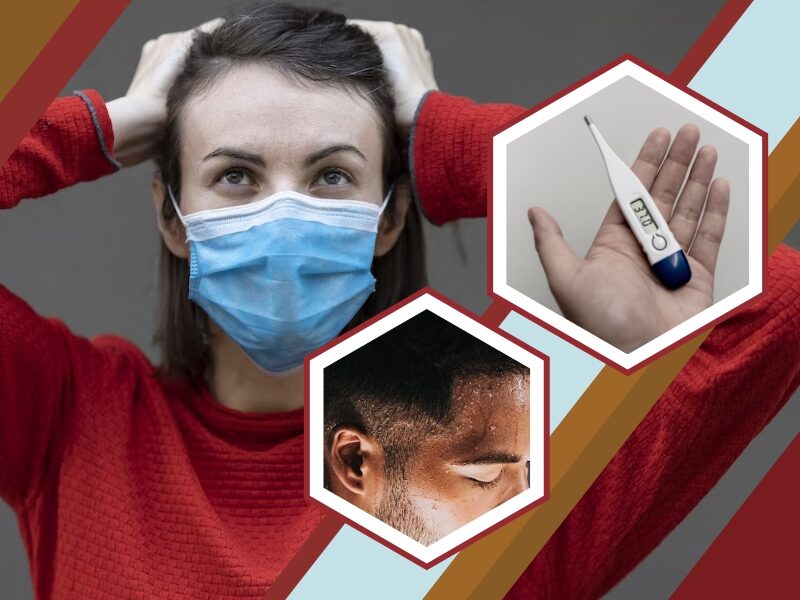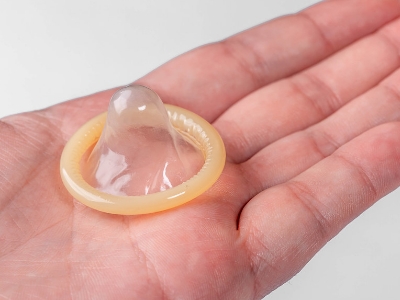HIV: Symptoms, Stages, Causes, and Treatment

HIV is a virus that attacks cells that help the body fight infection, making a person more vulnerable to other infections and diseases. Over decades, the disease slowly spread across Africa and later into other parts of the world. It is spread by contact with certain bodily fluids of a person with the infection, most commonly during unprotected or through sharing injection drug equipment.
Signs and Symptoms of HIV
The signs and symptoms of this condition depend on its severity and phase.
1. Primary infection
Some patients develop symptoms 2 to 4 weeks after the virus enters the body. Signs and symptoms are:
- Headache and fever
- Muscle aches and joint pain
- Rash and swollen lymph glands especially on the neck
- Sore throat and painful mouth sores
- Weight loss and diarrhea
- Night sweats and cough
2. Clinical latent infection
In this stage, the virus is still present in the body and in white blood cells. However, there are no typical symptoms or infections during this time. This stage can also last for many years if you are receiving regular therapy.
3. Symptomatic infection
At this stage, the virus multiplies and destroys your immune cells and triggers chronic symptoms.
- Fatigue and fever
- Swollen lymph nodes and diarrhea
- Weight loss
- Pneumonia
- Oral yeast infection
- Shingles
4. Progression to AIDS
- Recurring fever and chronic diarrhea
- Chills and sweats
- Chronic diarrhea
- Swollen lymph glands
- Persistent white spots or unusual lesions on your tongue or mouth
- Persistent and unexplained fatigue
- Weakness and weight loss
- Skin rashes or bumps
Stages of HIV

1. Seroconversion illness. Infection can cause a short illness for some people shortly after contracting it. This is known as seroconversion illness or primary or acute condition.
2. The asymptomatic stage of HIV. Asymptomatic stages can last several years and are commonly called asymptomatic stages. Though you might feel well at this stage, the virus is active, infecting new cells, replicating, and damaging your immune system.
3. Symptomatic stage. Living with this condition without treatment increases your risk of developing infections that your weakened immune system can’t handle, including certain cancers and HIV-related diseases.
4. Late-stage. Certain opportunistic infections and cancers may develop if it causes a lot of damage to your immune system. These illnesses are also known as AIDS-defining.
What Causes HIV?
It is caused by a virus that spreads through sexual contact, contact with infected blood, illegal injection drug use or sharing needles, or from mother to child during pregnancy, or breastfeeding. The following factors also increase your risk of getting the virus:
- If you have an STI. Many STIs produce open sores on your genitals. These sores act as doorways for the virus to enter your body.
- If you are using illicit injection drugs. The use of illicit injection drugs exposes people to blood droplets because they share needles and syringes.
- If you have unprotected sex. Use a new latex or polyurethane condom every time you have sex. Anal sex is riskier than vaginal sex especially if you have multiple sex partners.

Treatment, Prevention, and Management of HIV
Currently, there is no cure for HIV. Infection cannot be cured once it is present in the body. However, many medications can control and prevent complications. These include antiretroviral therapy or ART. Most often, it consists of two or more medications from different drug classes.
To prevent getting infected, ensure to maintain healthy sexual practices such as avoiding multiple sex partners and maintaining proper hygiene. Protect yourself from getting the infection by using condoms during sex. Use KamaSutra Pink Dotted Condoms, which is made from premium rubber latex with changes in its texture for maximum benefits.
NOTE: Condoms are not used as a treatment for any sexually transmitted disease. Seek immediate help if you have symptoms or if you are exposed to an infected individual.
Lifestyle and Home Remedies for HIV
- Eat healthy foods and make sure you get enough nourishment to boost your immune system.
- Avoid raw meat, eggs, and more because there are foodborne illnesses that can worsen your condition.
- Avoid unpasteurized dairy products, raw eggs, and raw seafood such as oysters, sushi, or sashimi.
- Get the right vaccinations to increase your defense against typical infections. Your healthcare provider may also recommend other vaccinations, including for HPV, hepatitis A, and hepatitis B.



